The Independent's journalism is supported by our readers. When you purchase through links on our site, we may earn commission.
Swing Low Sweet Chariot: What rugby stars have said about the controversial England song
RFU is conducting a review into the ‘historical context’ of the England rugby anthem due to its connotations with African-American slavery
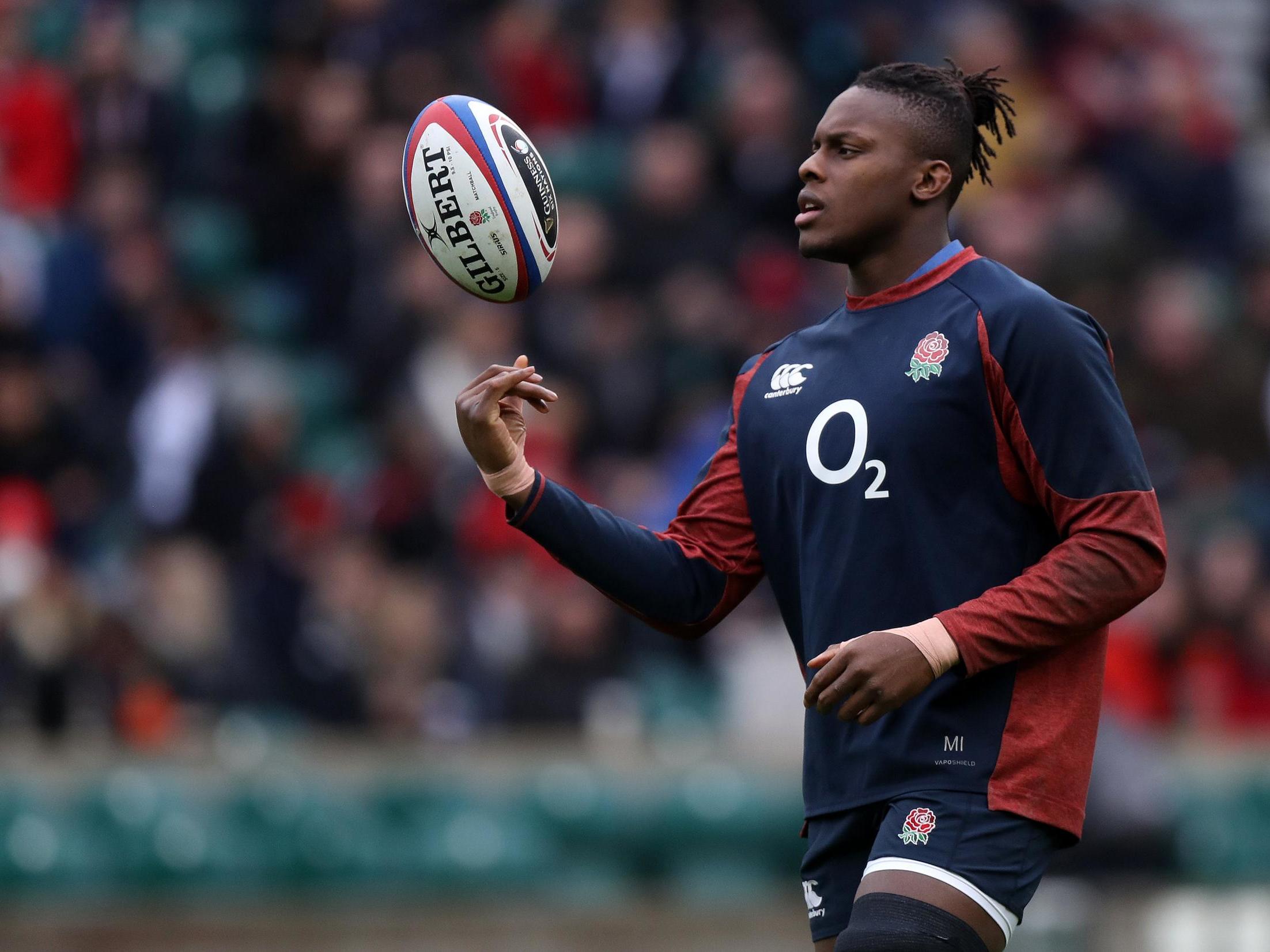
Your support helps us to tell the story
From reproductive rights to climate change to Big Tech, The Independent is on the ground when the story is developing. Whether it's investigating the financials of Elon Musk's pro-Trump PAC or producing our latest documentary, 'The A Word', which shines a light on the American women fighting for reproductive rights, we know how important it is to parse out the facts from the messaging.
At such a critical moment in US history, we need reporters on the ground. Your donation allows us to keep sending journalists to speak to both sides of the story.
The Independent is trusted by Americans across the entire political spectrum. And unlike many other quality news outlets, we choose not to lock Americans out of our reporting and analysis with paywalls. We believe quality journalism should be available to everyone, paid for by those who can afford it.
Your support makes all the difference.The Rugby Football Union’s announcement they will carry out a review into the “historical context” of the use of Swing Low, Sweet Chariot has divided opinion on whether the spiritual should be sung at Twickenham by England Rugby fans or not, but some of the sport’s leading voices have given their thoughts in an effort to help educate people on the subject before making a decision.
With an extra focus on racial equality following the killing of George Floyd in the United States, the RFU announced that a diversity and inclusion implementation working group will look at how the governing body can “do more to achieve diversity across all areas of the game, including administration”, according to chief executive Bill Sweeney.
Part of that review includes how the RFU encourages the use of Swing Low, Sweet Chariot at Test rugby, given the anthem has strong connotations with slavery. It’s believed that Wallace Willis, a Native American slave until the Civil War, wrote the song which was then published for the Fisk University Jubilee Singers to use while on tour in the US and Europe.
In the UK, the song is commonly associated with the England rugby team, having been used as the official anthem of the team since the 1991 World Cup. But in America, the song is a firm reminder of slavery and oppression, representing a desire for freedom, and is also heard at funerals.
As a result, a number of past and present black rugby players have given their opinion in an effort to educate the argument, with white players also adding to the argument having grown up in the sport with Swing Low a common part of the sport.
Prime Minister Boris Johnson also expressed his opinion on the matter, having been a frequent visitor to Twickenham as a rugby fan and having been seen in attendance for England’s victory over Wales in March this year.
Here is what they said.
Maggie Alphonsi (74-cap former England international, 2014 Rugby World Cup winner)
Alphonsi told Sky Sports: “I remember singing it a lot when I was young, throughout my England career. It wasn’t until someone told me about the song and its connections that I stopped singing it.
“It’s not my place to tell people to stop singing it, because you have to educate people and let them make that decision.
“The song does not sit easy with me when I hear it, because I now know the connections with it. But I also know that people singing it today are not singing it to offend.
“It’s just because a lot of people don’t know the history behind it, so it will be interesting to know when people start to learn and if they change their actions.
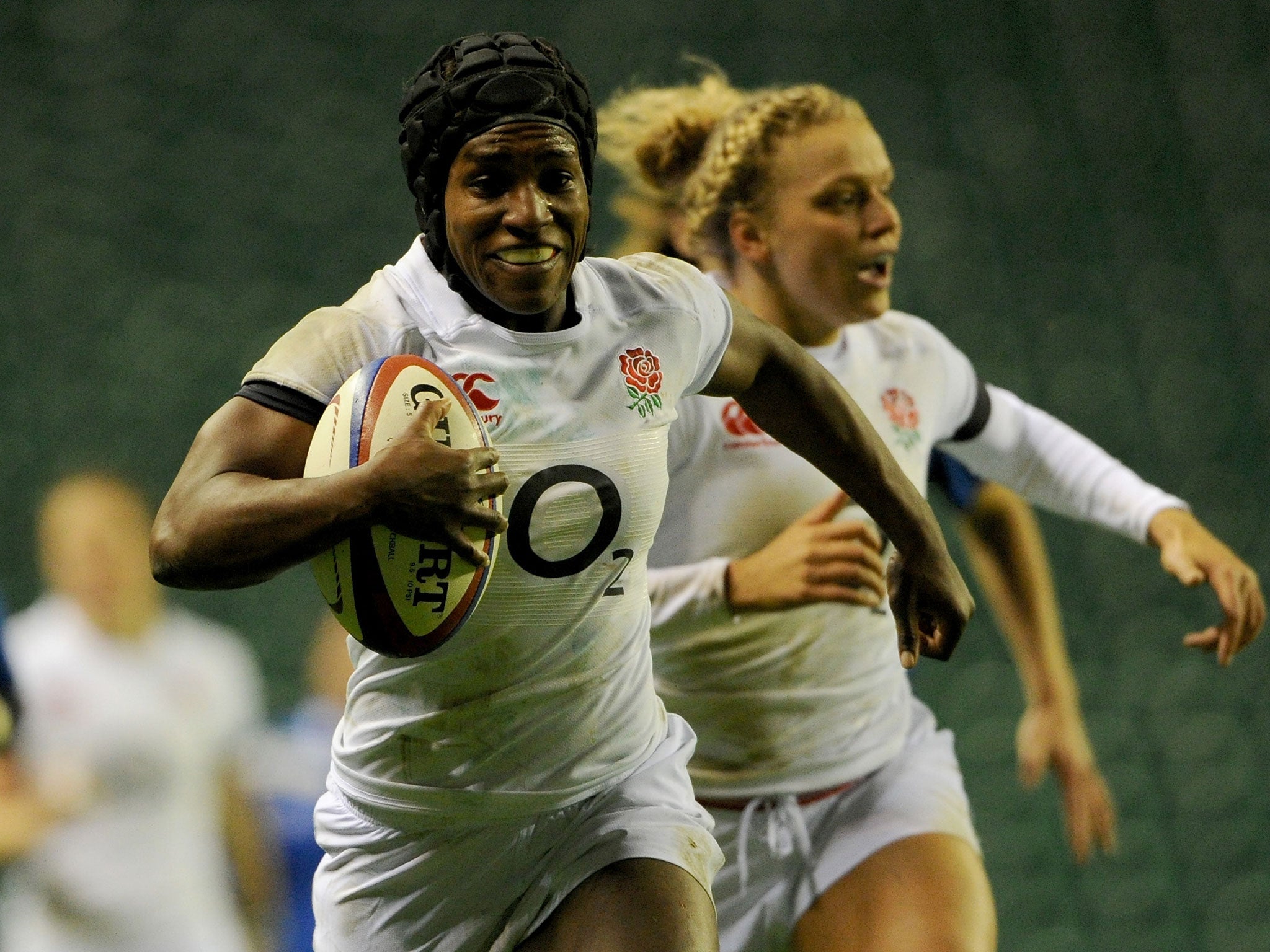
“I support the RFU for going away and actually conducting a review around it. I think the discussions will lead on to whether or not it should be banned.
“I personally don’t think it should be banned. We should educate people and empower them, to understand where it came from.”
Martin Offiah (Former England and Great Britain rugby league international, who also played for Bedford and Wasps in rugby union)
Offiah told Sky Sports: “I am learning that I am part of the history of the song and I am proud of that fact.
“I have had a lot worse things sung at me back in the early and late 1980s playing rugby union and rugby league, rather than ‘Swing Low, Sweet Chariot’.
“I have come through that and I am sure we as a community will come through this. It is all about educating.
“I don’t think the song needs to be banned. I just think we are singing it with an enlightened view. Maybe we will have a stronger affinity with the Bame players who are playing the game on the field.
“With knowledge and education only good things can come off the back of that.”
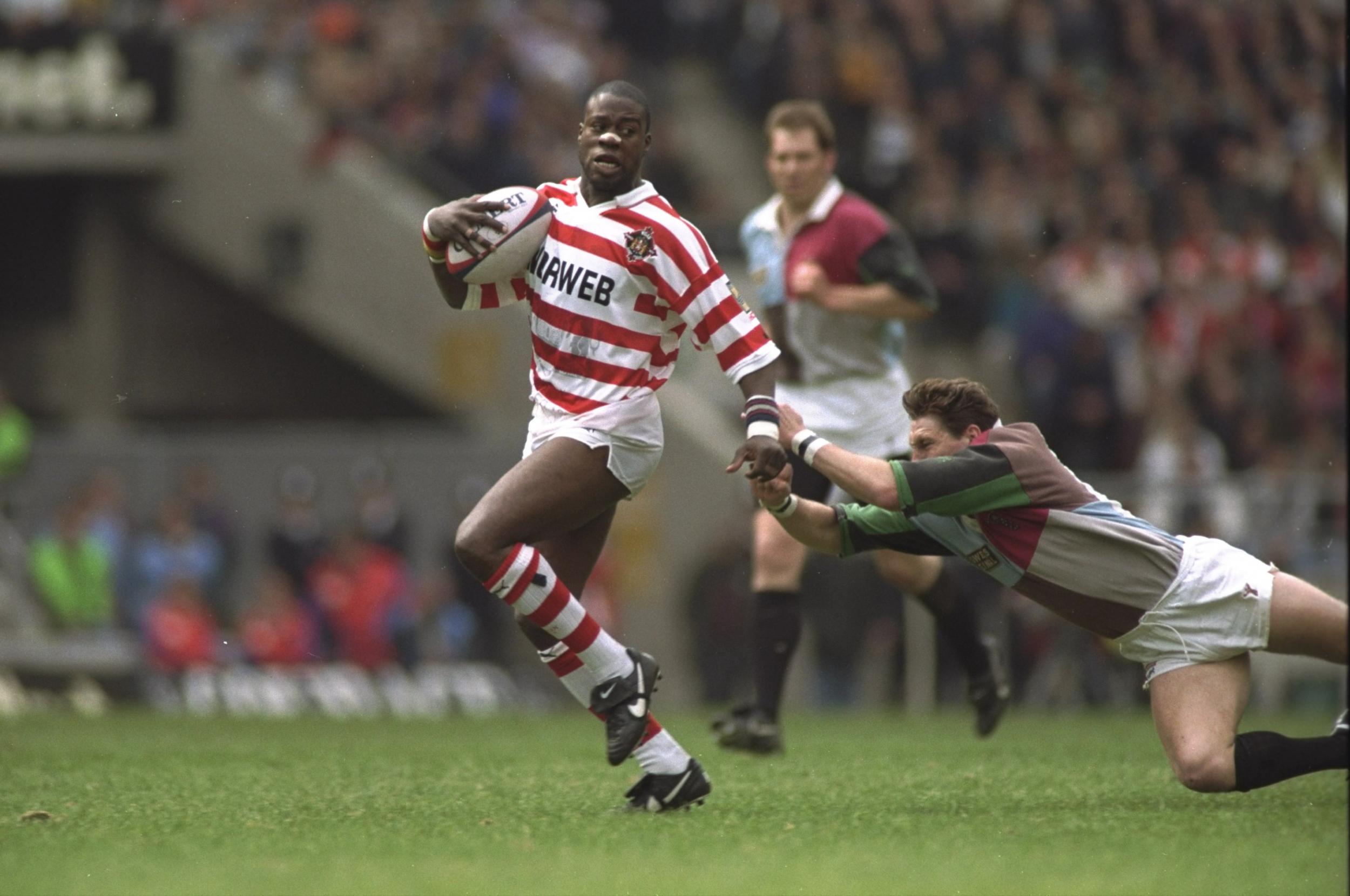
Offiah added when speaking to BBC Five Live: “It’s definitely an emotional piece of music, very emotive, it stirs up feelings and that’s probably something to do with its history.
“That history is probably not that well known by a lot of people in the UK. I champion the RFU reviewing it, I wouldn’t support the banning of such a song. When you do try to ban things like that it just makes the song more divisive.
“If this review leads to the RFU putting a positive spin on this song, engaging with ethnic communities, looking at the rooms where decisions are made in the RFU and addressing those issues, that’s what we actually want.”
Brian Moore (64-cap former England international)
Moore wrote on Twitter: “This was sung in rugby clubs when I was still a colt and well before Martin Offiah and Chris Oti played senior rugby.
“It was sung because of the rude gestures that went with it and without any thought of its origins.
“The world has moved on and, rightly, things that were normal then should not necessarily be normal now.
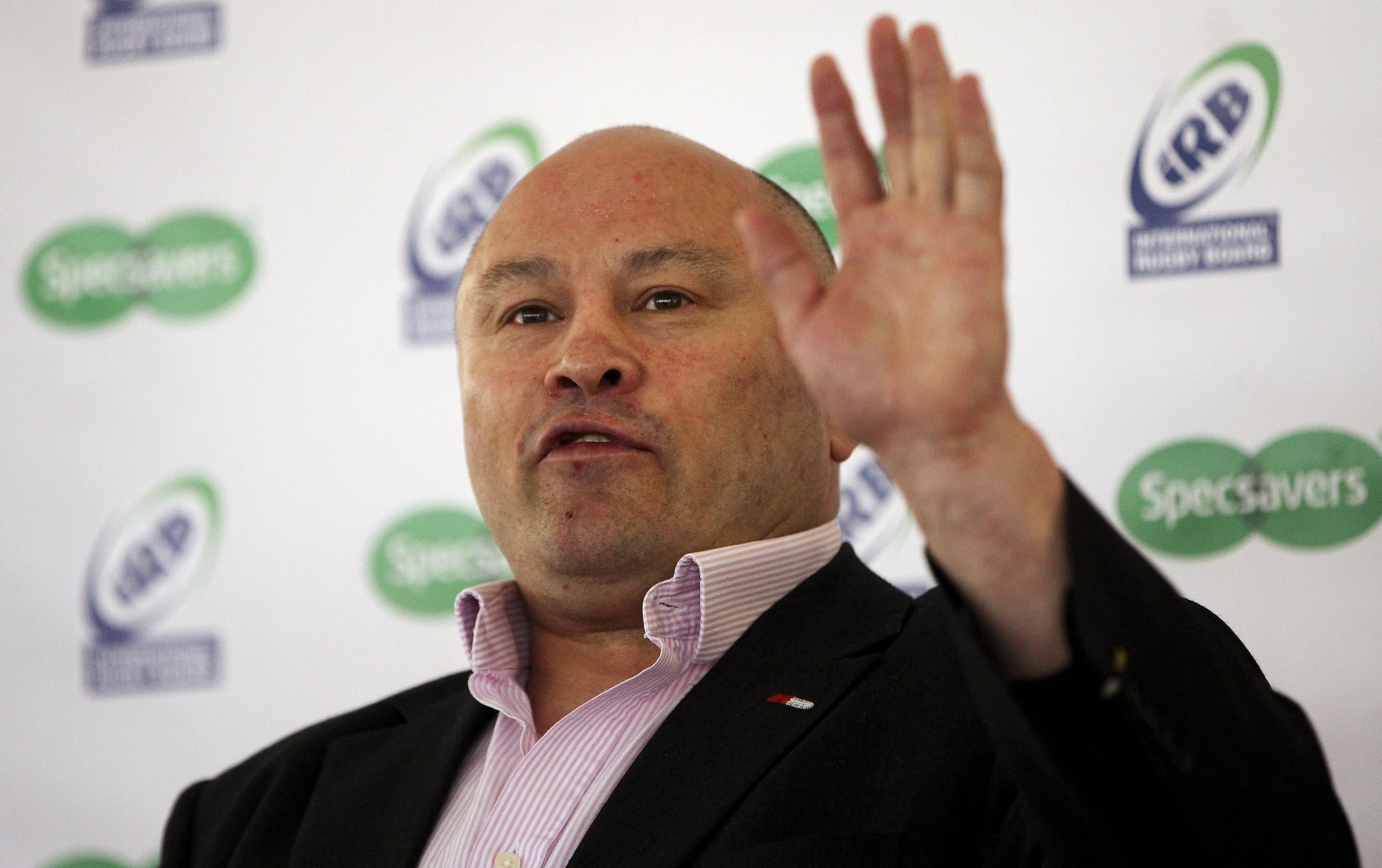
“Had today’s context been known then it might not have been sung.
“Amongst other reasons for the RFU encouraging people not to sing it, one of the main ones is that most people only know two verses and it’s crap as a national song because it has no relevance to England.
“It should be celebrated in its rightful context.”
Maro Itoje (38-cap current England international)
Itoje told the Daily Mail: “Don’t get me wrong, I don’t think anyone at Twickenham is singing it with malicious intent, but the background of that song is complicated.”
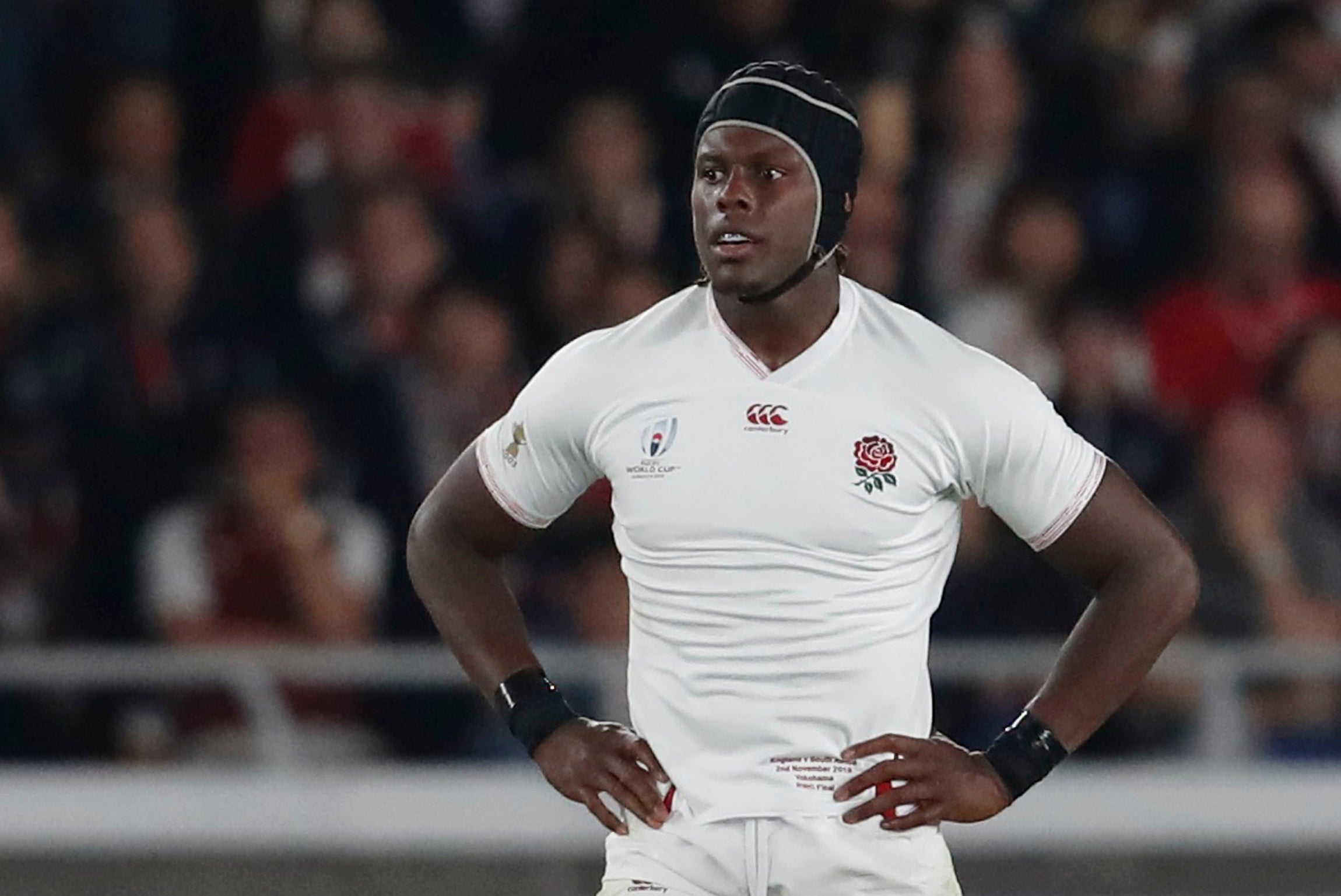
Boris Johnson (Prime Minister and rugby fan)
Johnson told Sky News: “Frankly I think what people need to do is focus less on the symbols of discrimination ... all these issues that people are now raising to do with statues and songs and so on – I can see why they’re very emotive, I understand that.
“But what I want to focus on is the substance of the issue.

“I certainly don’t think there should be any prohibition on singing that song.
“Nobody, as far as I understand it, seems to know the words. Before we start complaining about Swing Low, Sweet Chariot I’d like to know what the rest of the words are.”
Join our commenting forum
Join thought-provoking conversations, follow other Independent readers and see their replies
Comments